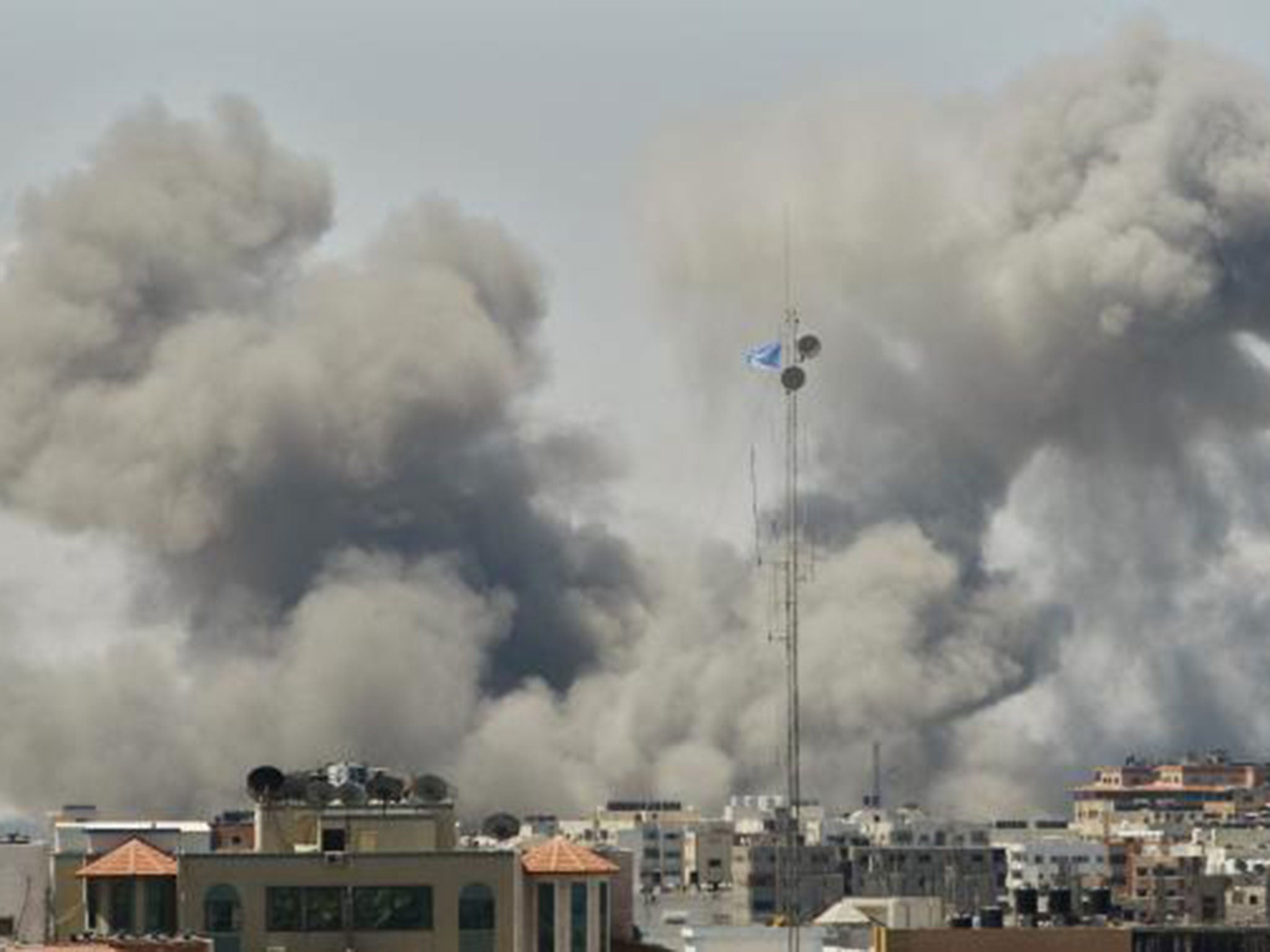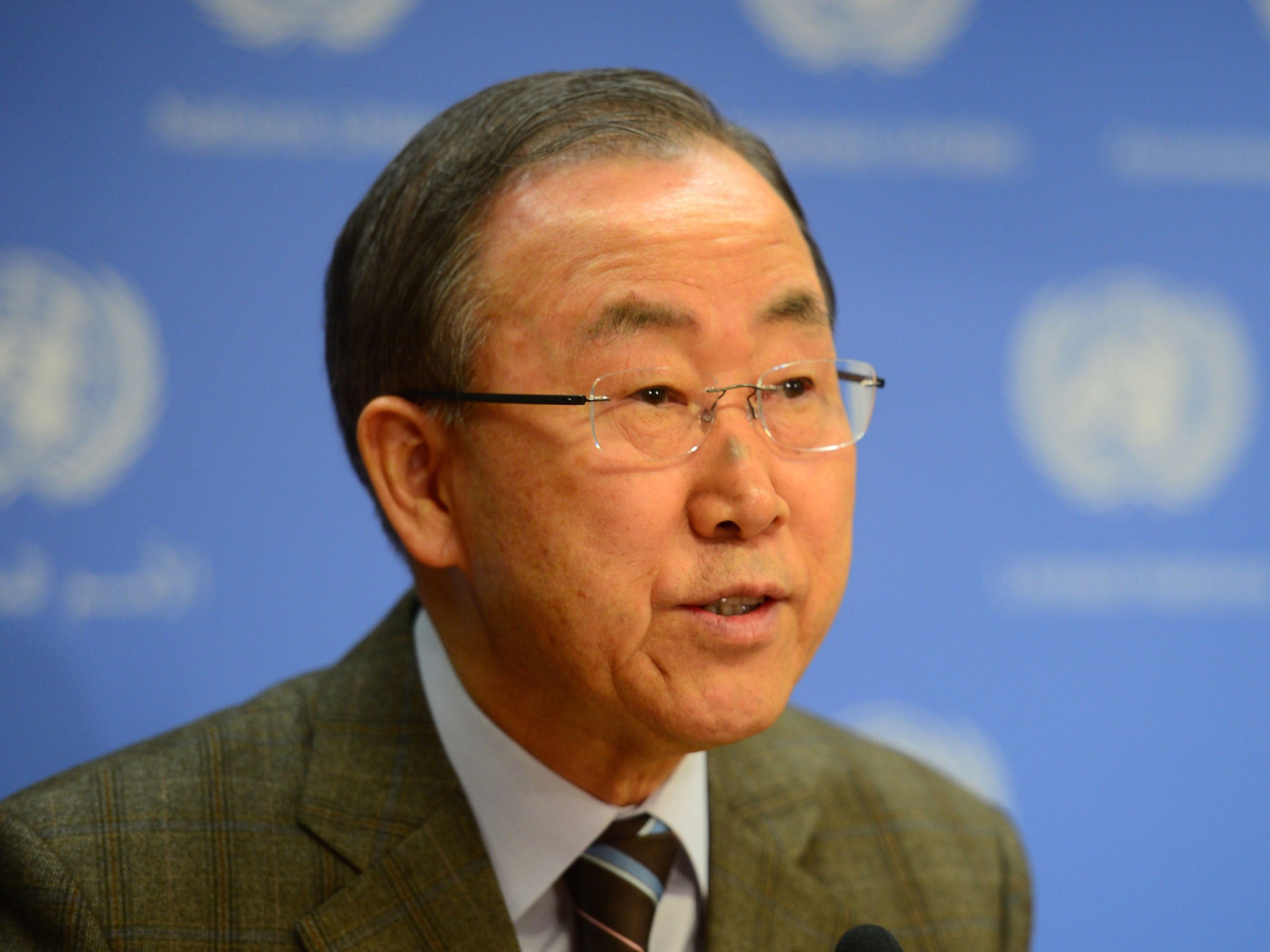Israel-Gaza conflict: Death toll tops 300 as IDF's ground offensive pushes deeper into Strip
Intensive tank fire in eastern Gaza is reported to have killed at least 20 people

Your support helps us to tell the story
From reproductive rights to climate change to Big Tech, The Independent is on the ground when the story is developing. Whether it's investigating the financials of Elon Musk's pro-Trump PAC or producing our latest documentary, 'The A Word', which shines a light on the American women fighting for reproductive rights, we know how important it is to parse out the facts from the messaging.
At such a critical moment in US history, we need reporters on the ground. Your donation allows us to keep sending journalists to speak to both sides of the story.
The Independent is trusted by Americans across the entire political spectrum. And unlike many other quality news outlets, we choose not to lock Americans out of our reporting and analysis with paywalls. We believe quality journalism should be available to everyone, paid for by those who can afford it.
Your support makes all the difference.Tanks and military units penetrated deeper into Gaza on Friday as the Israel Defence Forces' ground offensive entered its second day.
At least 20 people died and many more were injured as intensive tank fire across eastern Gaza ravaged buildings and led to mass civilian casualties in the area.
The latest figures reported by health officials in Gaza, now estimate the total number of dead to be 316, a rise more than 60 since the offensive first began.
IDF reports say that “40 Hamas terrorists” have been killed during the operation so far, with many of the underground tunnels used by the group destroyed.
Three Israeli soldiers were injured, including one seriously, in a gun battle in northern Gaza; while one more was injured after being caught by sniper fire on Saturday morning.
With the number of people to die as a result of conflict in Gaza now topping 300, UN chief Ban Ki-Moon is set to travel to the region today in a bid to end the fighting between Israel and Hamas.
Following an emergency meeting of the UN Security Council last night, a UN spokesman said that the UN chief was travelling to the region to meet with officials from both sides to secure a “lasting resolution” between both sides.
With the number of people to die as a result of conflict in Gaza now topping 300, UN chief Ban Ki-Moon is set to travel to the region today in a bid to end the fighting between Israel and Hamas. Following an emergency meeting of the UN Security Council last night a UN spokesman said that the UN chief was travelling to the region to meet with officials from both sides to secure a “lasting resolution”.
Speaking to press, the UN’s Under-Secretary-General for Political Affairs Jeffrey Feltman said that the “The Secretary-General is extremely concerned that this escalation will further increase the already appalling death toll among Gazan civilians.”

Feltman stressed the need for a two-state solution, and called on the international community to support the efforts of the UN in finding a resolution.
He concluded: “Our appeal stands on the Israeli and Palestinian leadership to defuse tensions and act responsibly.”
This was supported by a later statement from a spokesperson for the UN secretary General Ban Ki-Moon, who said that Ban was worried by “the indiscriminate firing of rockets by Hamas into Israel and Israeli retaliatory action” and that the UN chief wanted all parties to do their utmost to protect civilians.
The comments from Ban and the UN come after it was reported that 15 more Palestinian civilians died in Gaza on Friday night as a result of two Israeli air strikes. The air strikes – Israel’s 90th in 11 days - takes the estimated number of Palestinians to be killed since July 8 to 316, so far one Israeli soldier and one Israeli civilian has been killed.
Thursday night saw Israel intensify their operations against Hamas. with their first ground offensive into the Gaza Strip.
The offensive has seen a number of Israel Defence Forces units mobilised with tanks also being used as part of the operation.
According to reports from health officials in Gaza, at least 60 Palestinians had been killed during the offensive.
A spokesman for the Israel Defence Forces (IDF) claimed that the offensive that despite “several points of friction” the ground offensive had seen 240 terror targets struck, 10 of Hamas’ underground tunnels hit and 40 Hamas fighters killed, with a further 13 surrendering.
Israeli forces entering Gaza
Reports from the UN on Friday, had suggested that the 12 day conflict had so far seen the Israeli military conduct four ground incursions into Gaza, some 90 air strikes, firing 91 missiles, as well as more than Israeli 500 shells hitting Gaza.
Israel claims that Hamas has launched well over 1,000 rockets into Israel.
Talks between Palestinian President Mahmoud Abbas and the Egyptian President Abdel Fattah el-Sisi on Friday had resulted in both leaders agreeing that a ceasefire.
Speaking to a group of Egyptian intellectuals and journalists after his talks with el-Sisi, he said condemned the ground offensive by the IDF: “This operation would only lead to more bloodshed and complicate the situation and efforts to stop the (Israeli) aggression.”
Nevertheless, Israeli leaders say that a ceasefire can only be agreed when Hamas forces stop aiming rockets at Israel.
On Friday, Benjamin Netanyahu announced that the IDF were looking to “widen their invasion” of the Gaza strip saying that without ground offensives Israel could pay a “higher price”.
The UN is currently looking into a system requested by Abbas that could see Palestine come under a specialist UN protection system.
Nevertheless, some members of the UN have become beleaguered with the organisation’s seeming inability to find solutions to stop the conflict.
In an open letter to the Security Council, Palestinian UN representative, Riyad Mansour, threatened to go to UN and international courts if the Security Council did not act to protect Palestinian civilians from Israeli attacks.